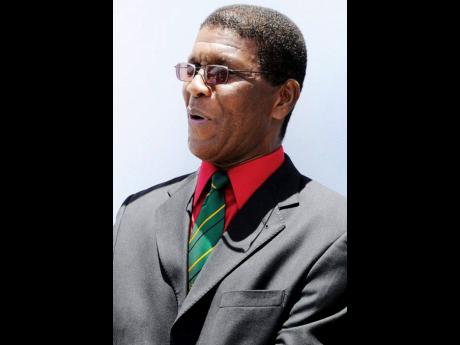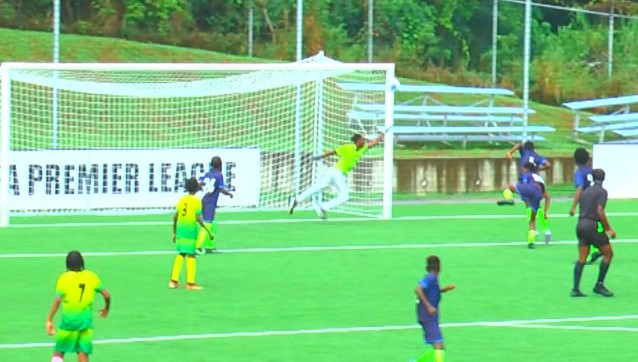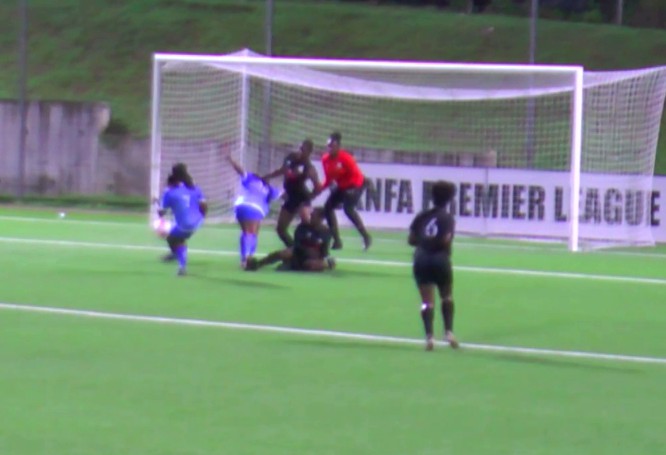Rowe: Substandard Officiating Contributed to West Indies’ Defeat in First Test Against Australia
The West Indies cricket team’s disappointing loss in the first Test against Australia at Kensington Oval in Barbados has sparked controversy, particularly regarding the role of umpiring decisions in shaping the match’s outcome. Legendary West Indian batsman Lawrence Rowe, a Jamaican cricket icon, expressed his frustration with what he perceives as questionable umpiring, specifically pointing to the decisions made by South African third umpire Adrian Holdstock as pivotal moments that swung the game in Australia’s favor. Despite the availability of technology-assisted replays, several calls went against the West Indies, leaving the team and its supporters feeling aggrieved and questioning the fairness of the officiating. This sense of injustice centers around the perceived impact these decisions had on the West Indies’ batting performance and ultimately, their ability to compete effectively against a strong Australian side.
Rowe’s criticism focuses specifically on two dismissals that he believes were incorrectly adjudicated: those of Shai Hope and captain Roston Chase. Both batsmen were in their forties and appeared to be settling into their innings on a challenging pitch, hinting at the possibility of building towards substantial scores. Rowe argues that these were not simply individual setbacks but crucial turning points in the match. He emphasizes the importance of consolidating innings on the type of pitch prepared for the Test, suggesting that if either Hope or Chase had gone on to score a century, the West Indies could have established a significantly larger first-innings lead. This, in turn, would have placed greater pressure on Australia in their second innings, potentially altering the entire dynamic of the match.
The core of Rowe’s argument revolves around the difference between chasing a target of around 170-180, which he believes would have been manageable, and the eventual target of over 300, which proved too steep a climb for the West Indies batsmen. He contends that a smaller target would have significantly shifted the psychological pressure from the West Indies onto the Australian bowlers, creating a more balanced contest. The larger target, according to Rowe, not only presented a formidable numerical challenge but also had a detrimental effect on the mindset of the West Indies batsmen, who likely felt overwhelmed by the enormity of the task ahead. This mental aspect, Rowe suggests, played a significant role in their eventual defeat.
Despite his disappointment with the outcome and the perceived injustices, Rowe maintains a positive outlook for the remaining Test matches. He acknowledges the undeniable talent within the West Indies squad and commends the bowling unit’s performance in the first Test, describing it as “extremely well.” While critical of some of the batting decisions, he believes that the team possesses the necessary skills and potential to stage a comeback. He urges the batsmen to learn from their mistakes, avoid repeating avoidable errors, and play with greater determination and focus. This combination of talent and improved decision-making, Rowe believes, is the key to reversing their fortunes and competing effectively against Australia in the subsequent matches.
Rowe’s analysis underscores the enduring debate about the use of technology in cricket and the human element in decision-making. While technology is intended to enhance accuracy and fairness, the controversy surrounding these specific dismissals raises questions about its implementation and interpretation. The incident also highlights the significant impact of umpiring decisions on the flow and outcome of a match, particularly in tight contests. Even with the assistance of replays, the subjective element remains, and contentious calls, like those in the first Test, can drastically alter the course of a game.
The upcoming Test matches will be a crucial test for the West Indies team. They will need to demonstrate resilience, address their batting vulnerabilities, and maintain the strong bowling performance witnessed in the first Test. Whether they can channel their talent effectively, learn from the perceived setbacks, and adopt the more determined approach advocated by Rowe will determine their success in the remaining matches against Australia. The series now becomes not just a contest of cricketing skills but also a test of mental fortitude and the ability to overcome adversity, both on and off the field.
Share this content:












Post Comment